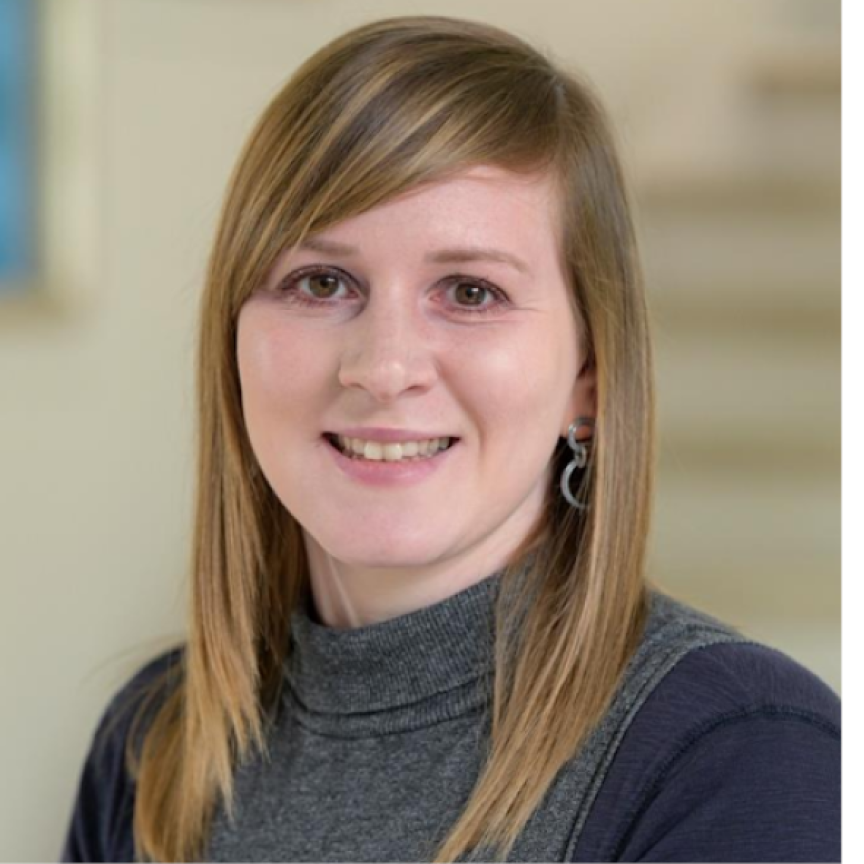In collaboration with RGB-Net, a European-funded COST action on rabbit genome biology, The Genome Analysis Centre (TGAC) ran a four-day workshop aimed at introducing early stage scientists to genotyping by sequencing (GBS) - equipping them with the skills required to effectively utilise GBS in their future research
Vicky Schneider, Head of 361° Division at TGAC said: ‘For us, it is crucial to share the expertise and best practice from TGAC’s research groups. This hands-on course was an excellent opportunity to share capability from the Vertebrates & Health Genomics group, led by Federica Di Palma at TGAC, among other external faculty. There is a great deal of interest in GBS within the scientific community, so we are looking forward to implementing our training feedback and running this course again in the near future.’
GBS is a technique commonly used to accurately identify genetic variation between individuals within a species. It uses high through-put sequencing technology that is capable of detecting genetic divergence at the level of a singular DNA base, a characteristic known as a single-nucleotide polymorphism. By advancing the understanding of intraspecific genetic diversity, GBS has practical benefits for those researching matters such as inbreeding, natural selection and disease tolerance.
By using data from the sequencing of lagomorphs (hares, rabbits and pikas), the group applied their newly gained knowledge to real organisms for valuable practical experience of GBS. This enabled the group to consider how to adapt GBS to a set group of organisms and the specific challenges that sequencing and analysing the genetic information of this group may pose. Having been familiarised with the GBS process, the attendees left the workshop in a better position to successfully make use of this genetic technique in their research.
Scientific Organiser Luca Fontanesi, University of Bologna, Italy, added: ‘TGAC was the best place in Europe for which RGB-Net could organise this training school in Genotyping by Sequencing. The Institute's wet lab and bioinformatics facilities, in addition to presentations from top scientists, made a training school that uses cutting-edge approaches based on next-generation sequencing for genotyping non-model organisms possible.’
Over the course of the workshop, the group gained an overview of the GBS process from start to finish. This included examining how to plan a GBS project, understanding the technology and laboratory methods involved in GBS and analysing the data produced.
Attendee Kirstie Hetherington, PhD student at TGAC, said: ‘The training has gone through the basics of UNIX and has taken us all the way through to bioinformatics analysis. So far the most useful thing I’ve picked up is learning how to conduct analysis by getting hands-on with real data. This is directly applicable to my PhD in RAD-sequencing on peas and I’m really looking forward to implementing what I’ve learnt.’

